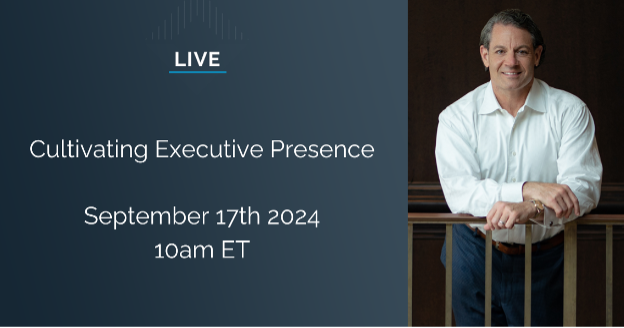
September 2024
Individual Leadership: Getting The Information You Need
Leaders forget how difficult it can be for people to openly share their perspectives, opinions and observations. Especially when they believe others will react negatively. Yet it’s these dissenting opinions and unpopular viewpoints that help leaders make sound decisions, allocate resources, and take action. Being open to hearing hard truths will help you to make better choices, avoid wasting time and resources, and address problems and unintended consequences.
It's not easy to create a culture where open discussion can happen regularly. But it’s absolutely possible when you prioritize candor. With individuals, teams, and your entire organization.
That’s what is happening at L3Harris Commercial Aviation. I had the opportunity to join the company’s president, Alan Crawford, on their podcast, Unusual Attitudes for a discussion on using candor to drive results in your business. Special thanks to Alan for allowing me to share this episode, which is typically for internal use only, with my newsletter subscribers.
Organizational Leadership: Human Resources Leadership
One of my first bosses, Chris Abramson, the most visionary Human Resources executive I’ve ever met, shared this article with me, So, Human Resources Is Making You Miserable? An obvious headline, but it’s the subtitle that captures the big idea. “Get in line behind the H.R. managers themselves, who say that since the pandemic, the job has become an exasperating ordeal. ‘People hate us,’ one said.”
When Chris and I spoke, we agreed that a big part of the problem, as the article highlights, is people view HR as separate from the business. And HR does nothing to help itself with titles like “HR Business Partner.” No other function, even in shared services organizations, positions itself this way.
If HR leaders are going to drive change, build culture, and develop employees, they need to understand and be fully integrated in the business. Driving results that matter to executives and the Board. If they don’t, they will forever be viewed as administrators. And based on the comments in the article, that’s happening in far too many organizations.
As Chris used to say, Human Resource Management is the responsibility of line leaders and general managers. HR is there to help them do it well. Not do it for them.
Perspective: Ease
We could all use a little more ease in life. That doesn’t mean going slower, doing less, or reprioritizing. Though all those things may also be useful. Ease refers to how we approach what is right in front of us. Is it with a sense of smooth focus, engagement, and attention? Or is it with tension, rigidity, and trying to control the uncontrollable (like other people or the outcome of situations). Greater ease is not to be confused with giving up or being passive. Quite the opposite. It’s about being more strategic, participating with greater intention and navigating challenges more effectively.
LinkedIn Live: Cultivating Executive Presence
After a summer of reruns, I’m back. (Do you remember when TV used to have reruns before the Fall lineup of shows?),
If there is one topic I consistently hear that separates senior leaders from managers, it's executive presence. But what is it? Join me to find out what it is and how to develop this critical area of leadership competence. Tuesday, September 17th at 10am EST.


